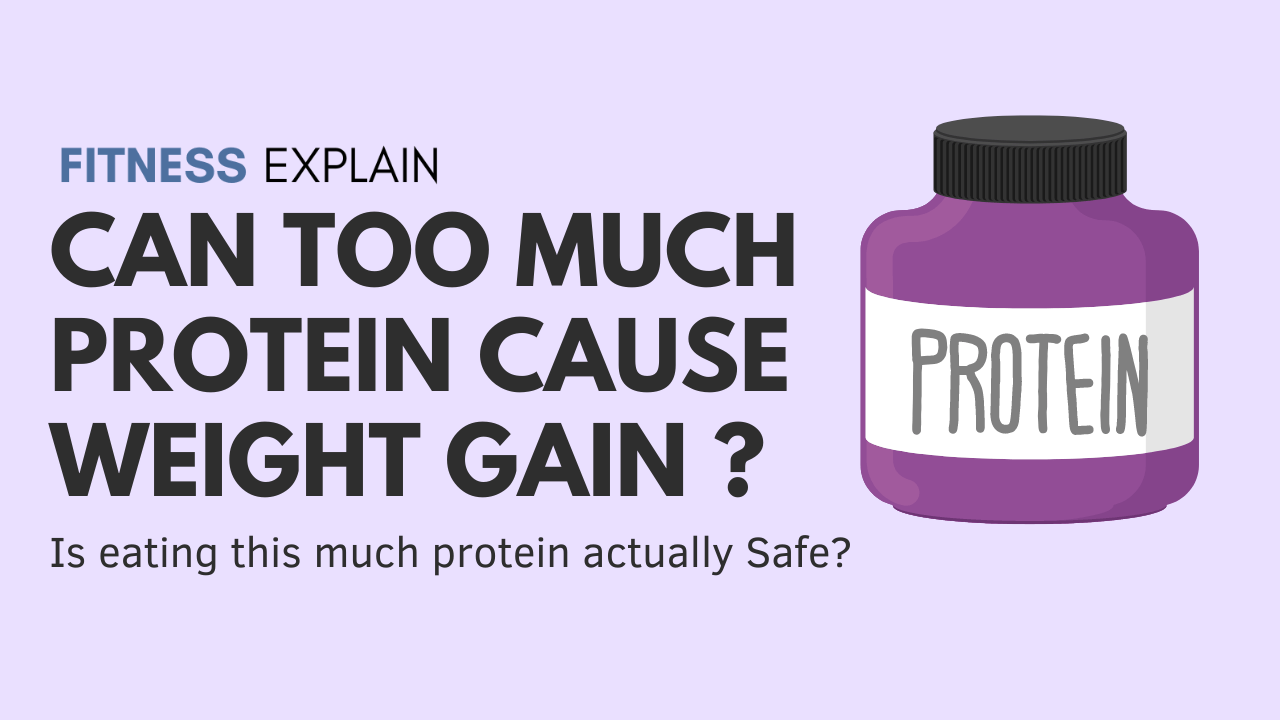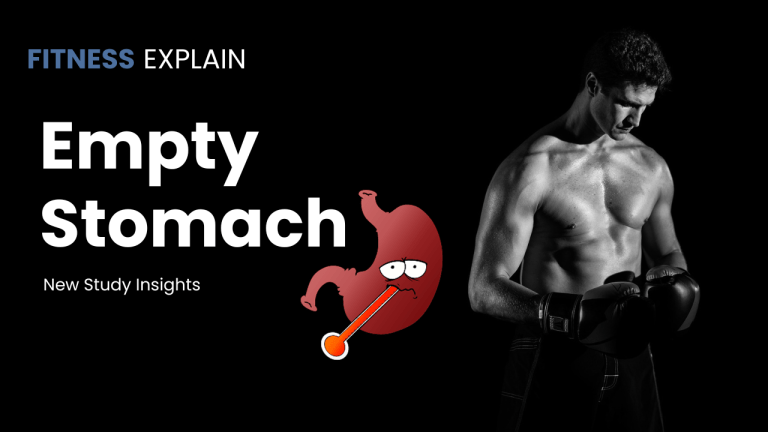Too much protein, well I get this question a lot in social medias. Let’s find out and research this point. But first I am not talking about eating a lot of protein like a couple of days. This is about consistently consuming too much protein. Normally the ideal amount of protein for healthy individuals is 1.6 grams to 2.3 grams of protein per kilogram of bodyweight. But what about eating more than that ? Would more actually have more benefits or do things lead for the worse ?
Table of Contents
- Science in the body
- Connection between Protein and fat Loss
- Is eating this much protein actually Safe?
- How do you know if you’re consuming too much protein ?
- Recommendations
Science in the body
Alright let’s learn couple of things about the body. There is a hormone called insulin. It has several functions, insulin converts what you’re eating to fat. It also prevents the release of fat. so it’s a fat making hormone that prevents you Losing weight. Excessive amounts of protein will cause insulin to release, but the question is there’s a lot of people doing large amounts of protein and they’re not getting fat. why is that it’s because protein also triggers another hormone called glucagon, Insulin is reversed by glucagon. Glucagon produced by the pancreas by the alpha cells and insulin by beta cells. Even they have very closer relationship and they do opposite functions. Simply glucagon helps you burn fat and as I told Insulin converts the food you consume into fat. so if you’re consuming lots of protein you’re going to be triggering both of these hormones at the same time. Alright, this is the science in the body now let’s move on to some researches.
Connection between Protein and fat Loss
General recommendation about weight and fat loss goals is to adjust the amount of carbs and fats we are eating. Let’s get in to a study in the Journal of International Society of Sports Nutrition. It found that for 8 weeks, eating a very high protein diet while eating the same amount of carbs and fats as a control group, did increase weight but no changes to fat while adding more fat-free mass. Interesting part in this research is this group ate lots of protein, 4.4 grams of protein per kilogram of bodyweight. For average 80 kg individual it’s 352 grams of protein per day. It’s staggering. However this study shows lighter and it’s 307 grams of protein per day. But still quite a huge amount. however, is not the protein this high protein diet group ate roughly 800 more calories than their normally do. After 8 weeks they only gained 1.6 kg of average weight and most of it was fat-free mass ( not fatty mass ).
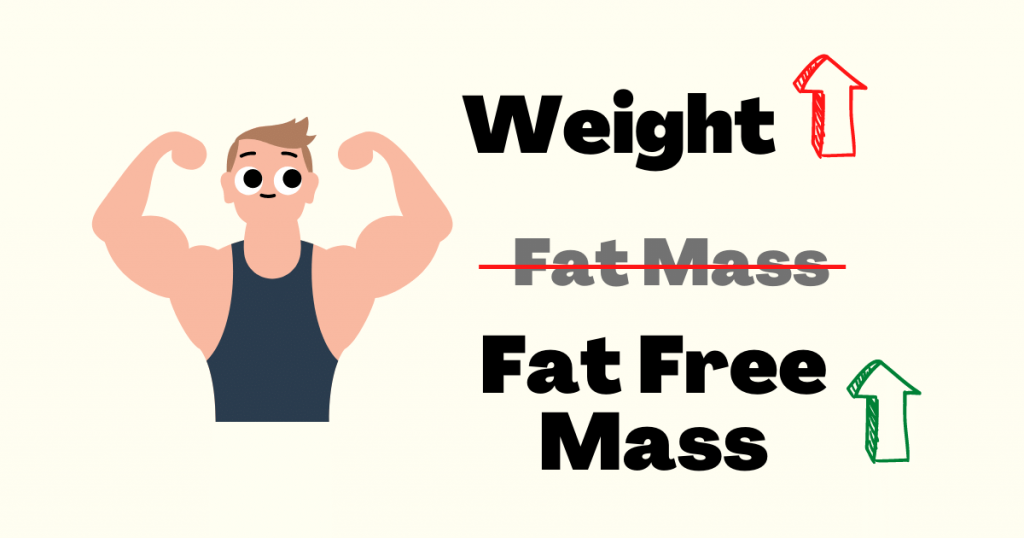
When considering the different use of macronutrients, fat and carbs primarily used for energy, and any extra carbohydrates and lipids will be converted to stored fat for energy. Since our body uses protein for so many other purposes, including building muscle, it is rarely used as energy. It takes energy to digest and absorb protein, nearly 35% energy provision is used for protein digestion and 5% – 15% used for carbs and fats digestion and absorb. In this case we have another idea that Consuming extra protein can naturally causes us to burn some more calories. However the researchers expected more body composition changes. 2012 study has founded that protein affected energy expenditure and storage of lean body mass, but not body fat storage. ( in this study they showed clear positive relationship between lean body mass and protein intake and no difference in fat mass) This study led to the researchers to think again that the lack of body composition changes in those high protein diet group caused the fact, not having a proper training program.
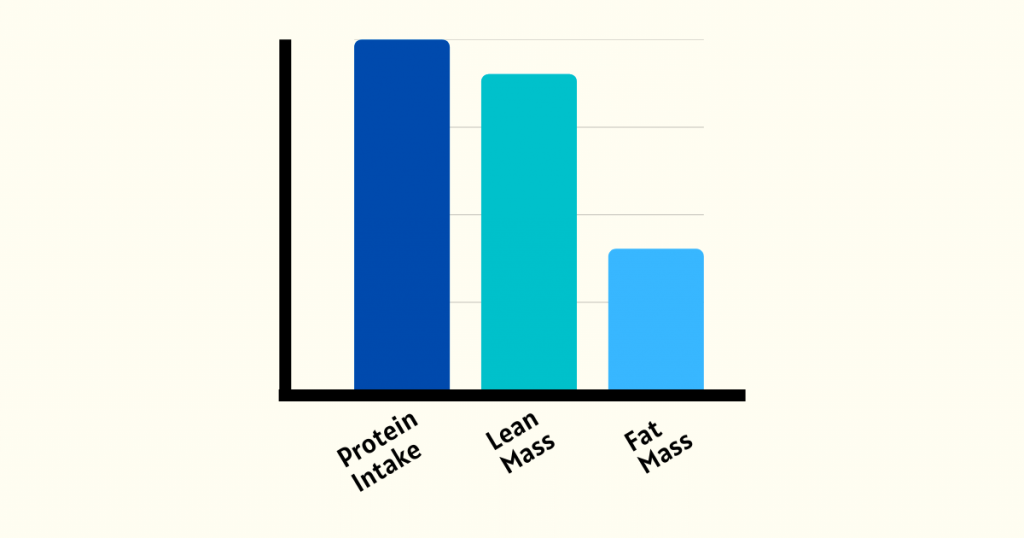
So in 2015 they did another study based on 8 week research. This compared two groups one with a protein diet of 2.3 grams per kilogram of bodyweight versus a high protein diet of 3.4 grams while deploying the subjects into a periodized resistance training program 5 times a week and eating much more calories. They saw that high protein group did not gain any weight and lower protein group did and also fat-free mass increased in both groups with no difference. Fat mass decreased nearly 0.3 kg in lower protein group and higher protein group dropped their fat mass by significantly higher 1.6 kg. This is a 20% to 19% body fat percentage change in lower protein group and an 18% to 15% change in the higher protein subjects. So you know both groups were eating much more calories than usual intake and what interesting here is high protein group still dropped fat mass. So finally what we can understand from these researches is eating lots of protein with decent training program is not all that much a bad thing. It can potentially help you to build muscle while loosing fat.
Is eating this much protein actually Safe?
Answering this question is little bit hard but we can get in back to the 8 week research in 2015 , they did measure protein related health variables such as glomerular filtration rate and creatinine, but the found no changes when eating the high amount.
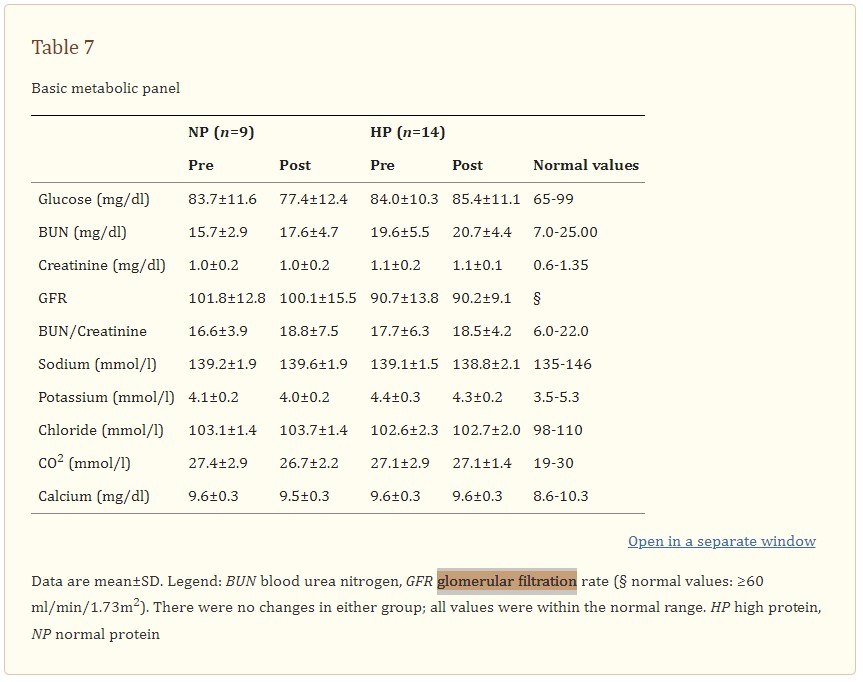
Don’t forget this was only 8 week research and there can be long term effects. The big problem with excessive amounts of protein consistently too frequently over a period of time is that you’re going to overload the stomach because you need a certain amount of hydrochloric acid to break that down and you make excessive amounts of petrification, body odor, indigestion. You might get tired after you eat. you could potentially overload the kidney and liver because you have too much nitrogen byproducts. Then that can lead to more your gas in the body and gout and all sorts of issues.
How do you know if you’re consuming too much protein ?
well you’re getting tired after you eat. your urine is actually foaming. that means
you’re doing too much protein or maybe even you get constipation. so these are just some points to think about when you’re consuming protein.
Recommendations
I always recommend the usual right amount of 1.6 grams to 2.3 grams of protein per kilogram of bodyweight. Finally don’t miss your workout routine get nice balanced meal plan and all the best !
Don’t forget share with us your studies and opinion in the comment section and also share this article with your protein loving friends.
Resources:
https://jissn.biomedcentral.com/articles/10.1186/1550-2783-11-19
https://www.ncbi.nlm.nih.gov/pmc/articles/PMC4617900/


